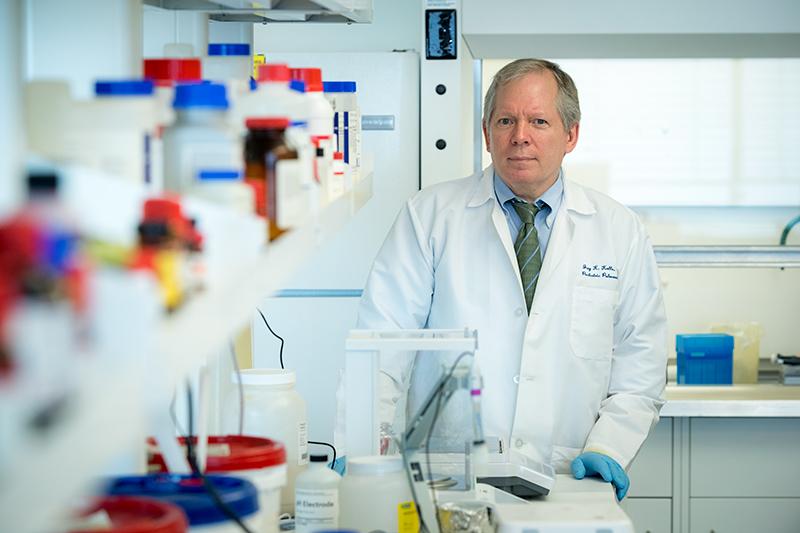Center offers single-cell sequencing to researchers
Tulane researchers are now able to map genes on a new platform at the School of Medicine.
The new Illumina sequencing core at Tulane University School of Medicine offers next-generation sequencing and single-cell transcriptomics that support state-of-the-art gene expression research studies.
Last year the Center for Translational Research in Infection and Inflammation acquired equipment to facilitate both high-volume sequencing and single-cell transcriptomics, with results in about a day. The Illumina sequencing core is located downtown in the School of Medicine’s J. Bennett Johnston Building.
The Illumina sequencing core can uncover almost every gene expression in a tissue sample — similar to the technology that drives commercial DNA-testing products, except at a much higher resolution.
“Single-cell sequencing technology is going to reveal new cells that we didn’t know existed before and improve our understanding how these cells perform certain functions in different organs,” said Jay Kolls, professor of medicine and pediatrics and the John W. Deming Endowed Chair in Internal Medicine.
The center focuses on lung infection and inflammation but operates this core to support research across numerous fields, including cancer and neuroscience.
“This technology transcends many scientific disciplines,” he added.
Kolls, who established a similar sequencing core at the University of Pittsburgh, said some Tulane researchers have been outsourcing their sequencing, which can take up to six weeks to return results. This core offers faster turnaround time and complements the sequencing core in the Tulane Center for Aging, which offers next-generation sequencing on the ABI Ion Torrent platform.
Kolls and his staff also meet with investigators prior to starting gene sequencing or single-cell projects to ensure that the research requests fit the center’s capabilities.
For more information, visit the Center for Translational Research’s web page and learn more about the new sequencing core.


